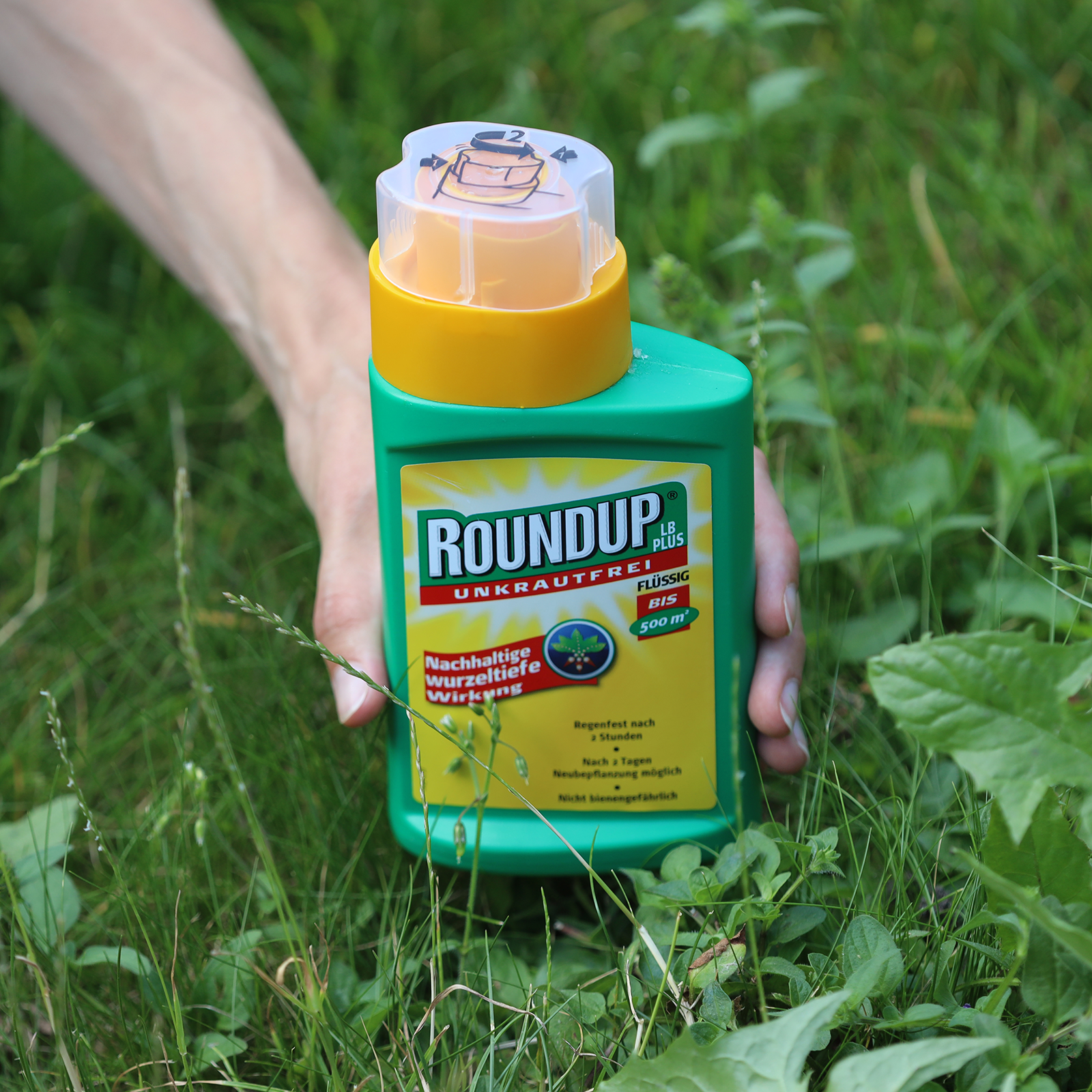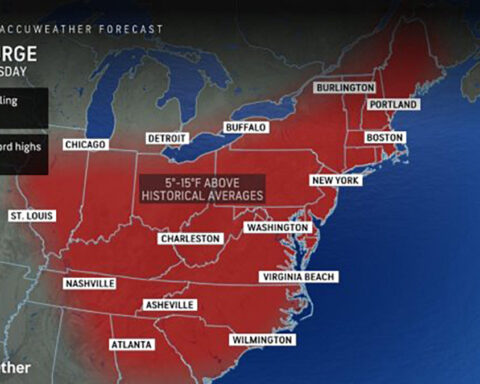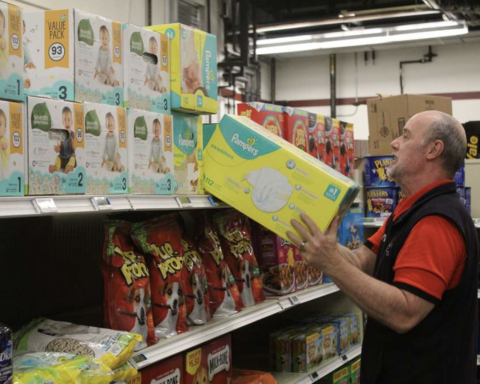by Lily Bohlke, Commonwealth News Service
Environmental and health advocates are calling for a bill to keep toxic pesticides off school grounds before the legislative session concludes at the end of this month.
Currently, pesticides such as glyphosate, which most people know under the brand name Roundup, and 2,4-D, the active chemical in Agent Orange, can be used in school landscaping, on playgrounds and on fields.
Marty Dagoberto, policy director for the Northeast Organic Farming Association of Massachusetts, said unfortunately the extent of the usage is unclear, because there’s no tracking mechanism. He pointed to pilot projects for using organic land care on sports fields in Stonyfield and Cambridge.
“They’re showing that not only in the long run does it cost the municipality less, but you’re protecting these kids,” Dagoberto explained. “When they’re going out to play soccer, or they’re going on the playground, they’re not getting exposed to these endocrine disrupters and carcinogens.”
Dagoberto emphasized the bill would allow schools to apply for special permits in case of a health emergency to use toxic pesticides, for instance, against poison ivy. And he noted Connecticut and New York have passed similar laws. It currently sits before the Joint Committee on Environment, Natural Resources and Agriculture.
Of the 30 most commonly used lawn pesticides, some are possible or known carcinogens, others may cause hormonal changes, have reproductive effects, be linked to birth defects, or cause kidney or liver damage.
Rep. Carmine Gentile, D-Sudbury, introduced the bill and pointed out infants and children are more sensitive to toxic effects of pesticides than adults.
“The United States Environmental Protection Agency has identified herbicides, pesticides that are safe to use,” stated. “My bill would simply change us over to using pesticides that they’ve already classified as being safe.”
Dozens of local, state and national organizations as well as lawmakers across the spectrum support the bill, and wrote an open letter to the House Speaker, Rep. Ronald Mariano, D-Quincy, requesting it to be brought to the floor for a vote before the end of the session.
















